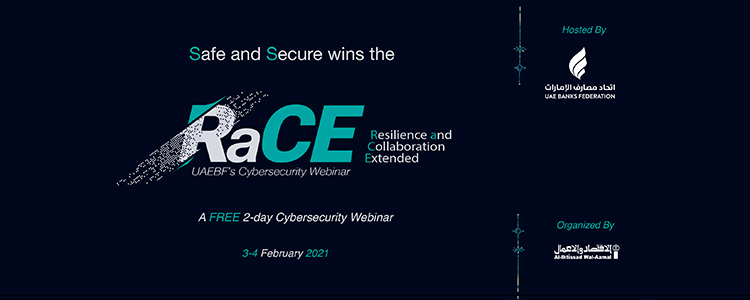
UAE residents lost $1.05bln to cybercrime in 2017
Hackers stole Dh3.86 billion ($1.05 billion) from 3.72 million consumers in the UAE in the past year, according to the 2017 Norton Cyber Security Insights Report, released by Norton by Symantec, a global leading cybersecurity company.
Within the last year, more than half (52 percent) of the country’s adult online population experienced cybercrime, and each victim lost an average of Dh669 and 47.9 hours (about six working days) dealing with the aftermath of cybercrime.
In the UAE, cybercrime victims share a similar profile: they are everyday consumers who express confidence and use multiple devices whether at home or on the go. While smartphones, laptops, and tablets are commonly used by UAE consumers, the report found that cybercrime victims were twice as likely to own a connected home device. Consumers with an internet-connected gaming console, wearable device, or a smart device that streams content were also a more likely to fall victim to cybercrime.
Cybercrime victims were also more likely to have a blind spot when it comes to cyber security basics, leaving their virtual backdoor open:
- Cybercrime victims are more likely to use the same online password across all their accounts (24 percent of cybercrime victims versus20 percent of non-victims), or using different passwords but save them on their computer's web browser (16per cent versus10per cent), negating their security efforts.
- They were also more likely to save their passwords to a file on their device as non-victims (24per cent versus 18per cent).
- Equally concerning, 45 percent of UAE cybercrime victims -despite their experience- had a higher trust in their own ability to protect their data and personal information from future attacks and one-third(32per cent) believed they had a low risk of becoming a cybercrime victim.
In addition, Millennials were far more likely to experience cybercrime compared to other generations. While Millennials are known for being a digital-first generation and rather tech-savvy, they also make similar mistakes such as using the same password across accounts and sharing their password with others. One in five Millennials also admits to not having any protective measures in place for at least one of their devices.
“Consumers’ actions revealed a dangerous disconnect: Despite a steady stream of cybercrime sprees reported by media, too many people appear to feel invincible and skip taking even basic precautions to protect themselves,” said Tamim Taufiq, head of Norton Middle East.
“This disconnect highlights the need for consumer digital safety and the urgency for consumers to get back to basics when it comes to doing their part to prevent cybercrime.”











